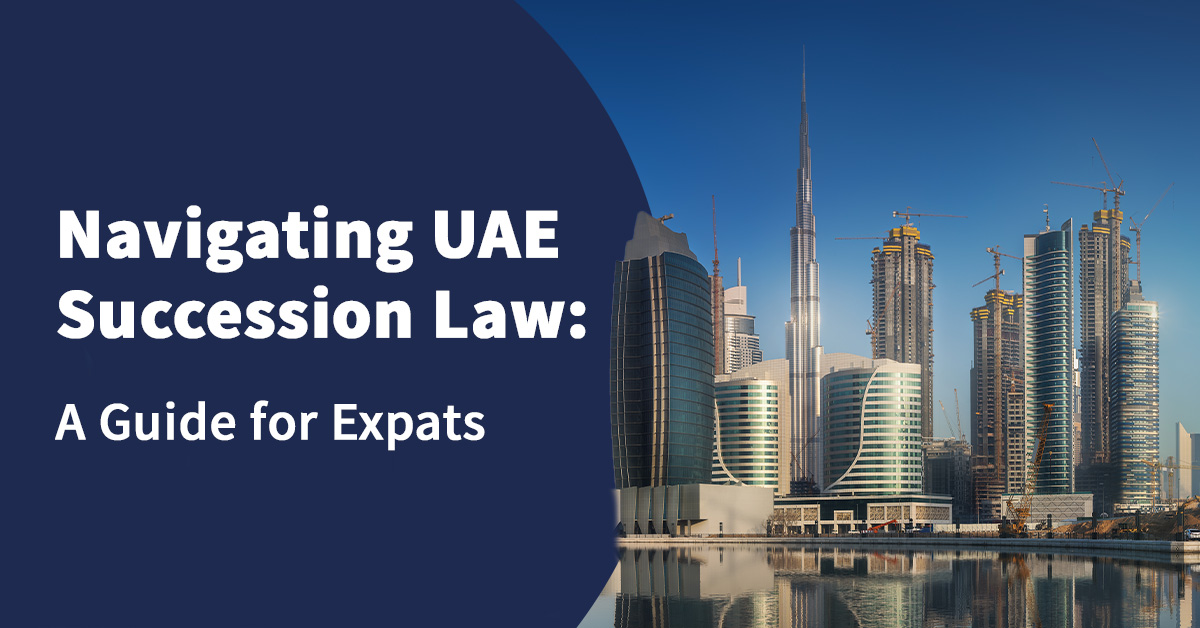The lifetime allowance for most people is £1,073,100 in the tax year 2020-221.
It applies to the total of all the pensions you have, including the value of pensions promised through any defined benefit schemes you belong to, but excluding your State Pension.
The standard Lifetime Allowance is indexed annually in line with the Consumer Prices Index (CPI).
You can save as much as you want to in your pension during your working life – but if it exceeds a total amount (the lifetime allowance), you could be hit with a hefty tax charge.
If the cumulative value of the payouts from your pension pots, including the value of the payouts from any defined benefit schemes, exceeds the lifetime allowance, there will be tax on the excess – called the lifetime allowance charge.
The way the charge applies depends on whether you receive the money from your pension as a lump sum or as part of regular retirement income.
In the case of taking income from your pension as lump sums, any amount over your lifetime allowance that you take will be taxed at 55%. Your pension scheme administrator should deduct the tax and pay it over to HMRC, paying the balance to you.
If you take money out of your pension as income, any amount over your lifetime allowance that you take as a regular retirement payments, either through flexi- access drawdown or for example by buying an annuity, will attract a lifetime allowance charge of 25%.
This is on top of any tax payable on the income in the usual way.
The current allowance is indexed annually in line with the Consumer Prices Index (CPI).
Therefore the pension lifetime allowance has been set at £1,073,100 for 2020-21.
There are two forms of transitional protection in place, namely Fixed protection 2016 and Individual protection 2016. Both of which, though differing in parameters, offer an increased lifetime allowance up to a maximum of 1.25million.
However an alternative mechanism of protection which is less well known is the opportunity for those individuals who were still benefiting from their UK scheme whilst non- resident to apply for an Enhancement factor, also known as a Non- resident factor.
The non-resident individual’s lifetime allowance enhancement factor is available to individuals who after 5th April 2006 have been a ‘relevant overseas individual’ at any point in an ‘active membership period’ of a registered pension scheme. This typically happens when you work for a British company (or their subsidiary or related party) outside the UK.
The reason why the Government offers this enhancement is to compensate individual taxpayers. Those who are contributing to a UK pension scheme while working and being tax resident overseas typically don’t have access to the UK’s tax relief on pension contributions, as they pay income tax in a different country. Therefore it would be unfair to apply the Lifetime allowance to their pension savings.
An individual’s non-residence factor is calculated in accordance with Sections 222 and 223 of the Finance Act. The exact form of the calculation depends on the type of scheme and whether it is a defined benefit, defined contribution or hybrid scheme.
If you have spent a substantial amount of time outside the UK and contributed or received benefits during that time, you might be able to have your LTA increased, thus saving a lot of money on the related tax charges.
In fact if you have spent a good number of years working overseas you may be eligible for a large enhancement factor that could potentially adjust your lifetime allowance to be greater than the current protected maximum of 1.25million, that is available through IP 2106 and FP 2106.
Please note however that this entitlement is not automatic. You must notify HMRC using form APSS 202 and you should consult with a qualified financial adviser on how to do this and the best course of action.

To find out more about the Non Resident Enhancement Factor and how you might benefit, you can contact me here
Or email me at: Jessica.cook@aesinternational.com
You can also find out more by visiting my VouchedFor profile here
Find out how we can help you
If you would like to understand more about this topic get in touch
Related posts
- Published On: July 10, 2024|3.2 min read|
The Merits of Accessing Your Pension Commencement Lump Sum in Stages
As you approach retirement, one of the significant decisions you'll face is how to access your pension commencement lump sum (PCLS). While it might be tempting to take the entire amount in one go, there are several benefits to accessing your PCLS in stages.
Read more
- Published On: May 26, 2023|4.7 min read|
Navigating UAE Succession Law: A Guide for Expats
The United Arab Emirates (UAE) has become a popular destination for expatriates seeking new opportunities and a vibrant lifestyle. However, when it comes to matters of succession and inheritance, ex-pats residing in the UAE need to be aware of the unique legal framework in place.
Read more












